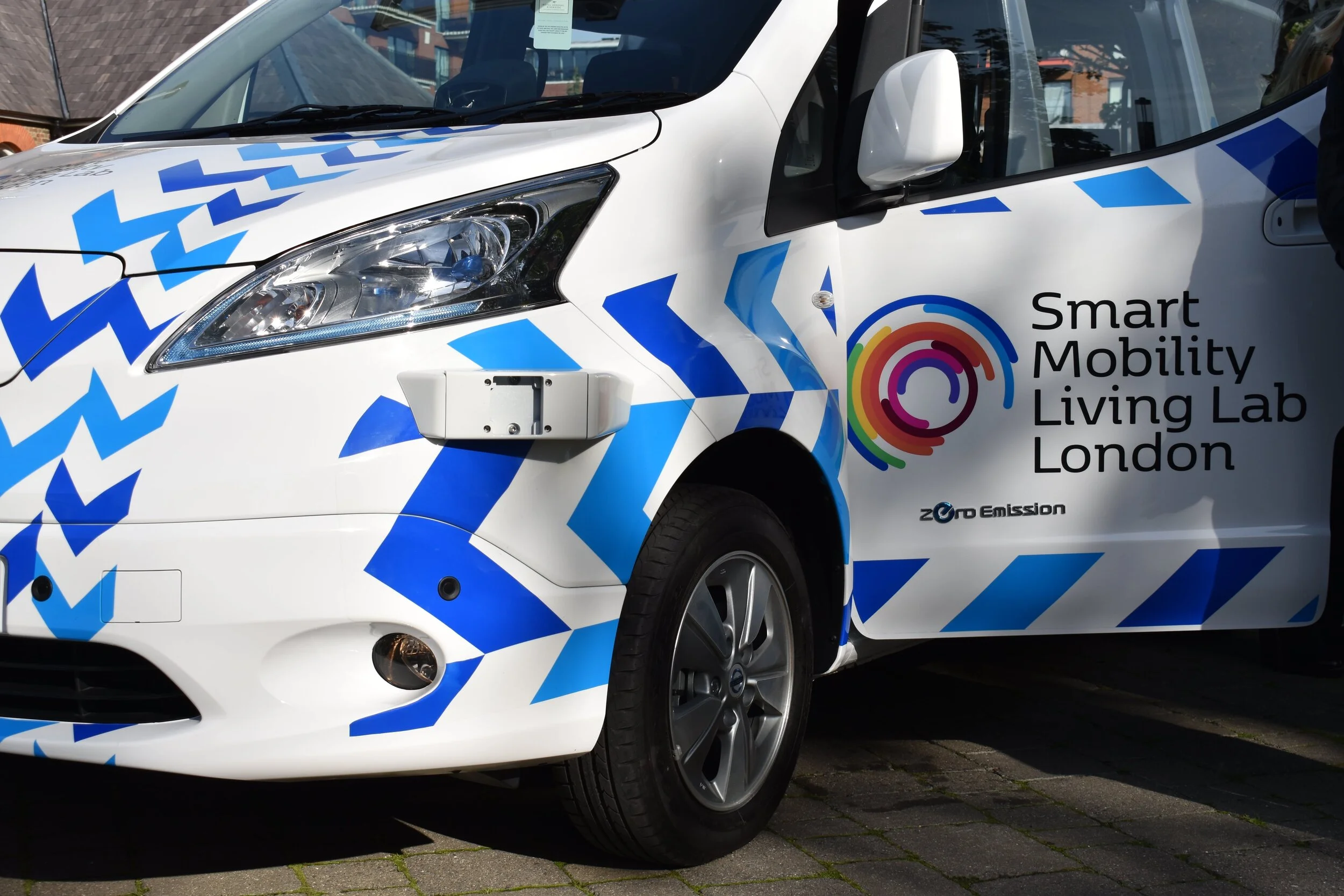Last year the UK government declared a climate emergency, announcing ambitious, legally-binding targets to reduce carbon emissions to net-zero by 2050. Since then, an awareness of the damage being done to the planet and the benefits of reducing our negative impact on the planet, have continued to become of high priority amongst all sections of society. We are witnessing the continued rise of school strikes, continually ambitious targets set by governments to transition to a low-carbon economy, and even the recent announcements by some of the corporate heavyweights to act on the climate crisis (Jeff Bezos’ $10bn climate fund, Microsoft’s pledge to become carbon negative by 2030 for example). It is now a priority to ensure our urban environment benefits people and the planet both now and in the future.
Urban Innovation at the Front Line: February at DG Cities
What's so "Smart" about Smart Transport?
We seem to use the adjective ‘smart’ a lot these days in relation to technology-enabled scenarios; smart phone, smart city, and of course smart transport are three which immediately come into my head.
Here at DG Cities we spend a lot of time looking at emerging trends and technologies, and overlaying them on to what it means for the city and its citizens. I’m lucky enough to work in an organisation which prides itself on the multidisciplinary expertise of its small team, so we are able to take a far more holistic approach to our work, rather than siloing ourselves into looking at specialisms in isolation.
IDEMA: Opportunities and limitations of generating surplus energy in the UK
Welcome back to our IDEMA project blog series . Last time, we introduced the three step Renewable Energy Assessment Framework and the outcomes of step 1, identifying suitable technologies. So, today, we’re going to talk about step 2 and how we applied it to IDEMA.
Urban Innovation at the Front Line: January at DG Cities
What Makes DG Cities Different
We all know that the world is facing unprecedented challenges: from increasing social divides to the ever-present climate emergency. The world can seem like a scary place right now. But there is good news. These challenges get played out first in our cities so by exploring how we can make our cities better, we can positively influence the world around us. And there is a huge potential in our towns and cities, just waiting to be unlocked by technology, data and new approaches.
IDEMA: Introducing the Renewable Energy Technology Assessment Framework
For the past year DG Cities has been closely involved in an InnovateUK funded project called IDEMA - a technical feasibility study for 11 sustainable homes in the UK. Our role in this multidisciplinary research project, has been to identify the most appropriate renewable energy technology strategy for these homes. As the project draws to a close, this is the first in a series of blog posts about our work, learnings and recommendations for developers and local authorities.
SMLL: The Story So Far
Those of you who read our 2019 review will have picked up on the fact that for the past 18 months, the Smart Mobility Living Lab has been a major undertaking for Team DG Cities. But what exactly has our role in this ambitious project been? Well today, we’re going to share our SMLL story so far…
2020: 5 Predictions for the Year Ahead
It’s January 2020: a new year and a new decade. Which in the world of tech and innovation always means one thing: a raft of predictions based on what’s been shown at CES in Las Vegas. So today we’re sharing our thoughts for the year ahead, but with an important difference: rather than rounding up all of the shiniest new gadgets, we’re identifying trends / predictions that point towards more purposeful urban innovation that could result in real change for people.
Urban Innovation in Action: 2019 at DG Cities
As the end of the year draws to a close, we thought instead of our normal monthly review, we’d take a bigger trip down Memory Lane, looking at how we lived in 2019. Every year has its ups and downs but for me, this year has definitely been on an upward (albeit slow one at times) trend, where a lot of hard work started to pay off towards the end of the year.
Urban Innovation in Action: November at DG Cities
Welcome to a brand new blog series! Each month we are going to be bringing you a Behind-the Scenes insight into what we’ve been up to. All with the aim of answering the simple question: “What on earth do we really do?”.
We hope to bring you closer to smart city innovation as it really is; away from the conference glamour and direct from the front line. Pushing the boundaries is not easy and at times can even be a little bit monotonous, but by persisting with the baby-steps we know we are moving forward.
Smart Cities: Common Challenges for Local Authorities...and how to tackle them
With close to 60 years of local government experience at DG Cities, we are aware firsthand of the challenges facing forward thinking local authorities. And we know that one of the biggest challenges is the pace of change. We all know that we’re in a period of rapid technological change, and the possibilities and opportunities arising from that technological change are enormous. So far, so exciting! But this can also be challenging if you’re a buyer or a seller; and Standing Orders and the Public Contract Regulations mean that long lead times are unavoidable. And what’s the implications of this? Well, we’ve heard of high value LED lighting contracts that took so long to be procured that by the time the authority was ready to sign the contract, the solution was out of date and the procurement process was cancelled.











